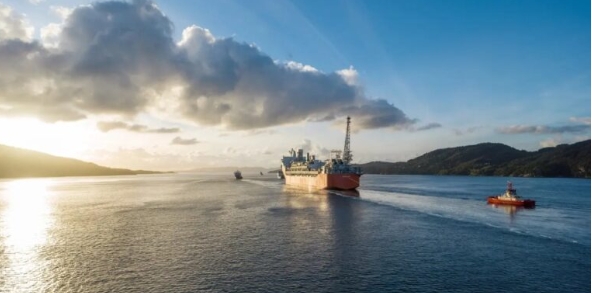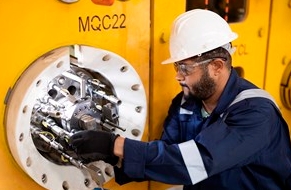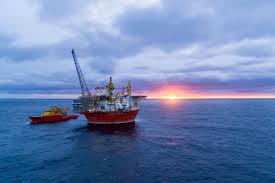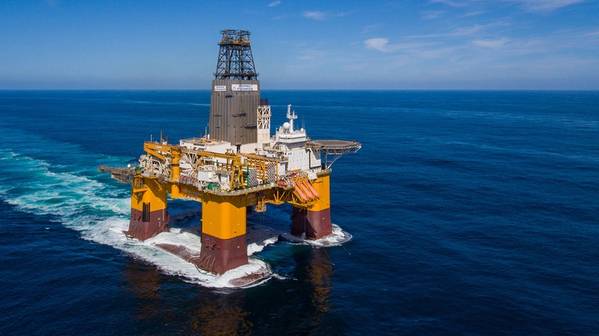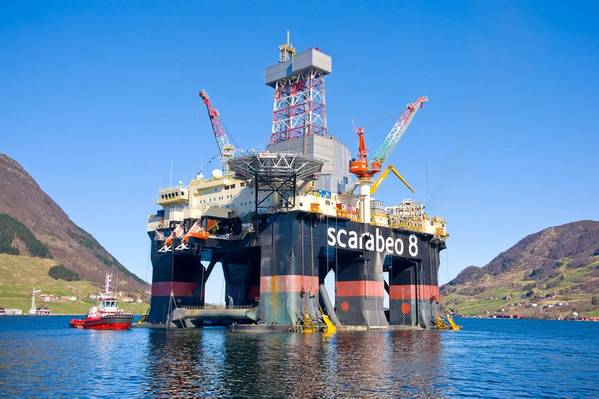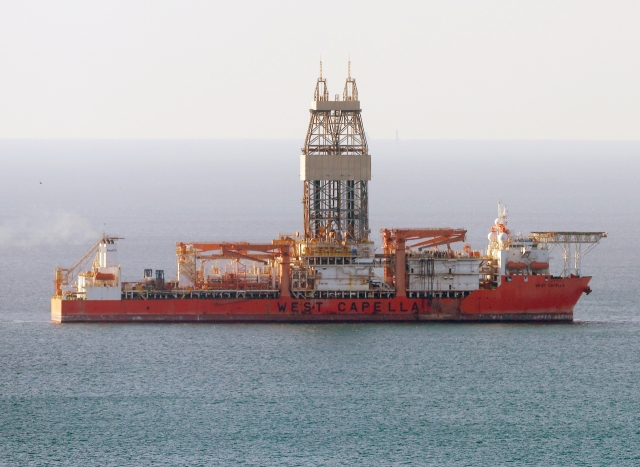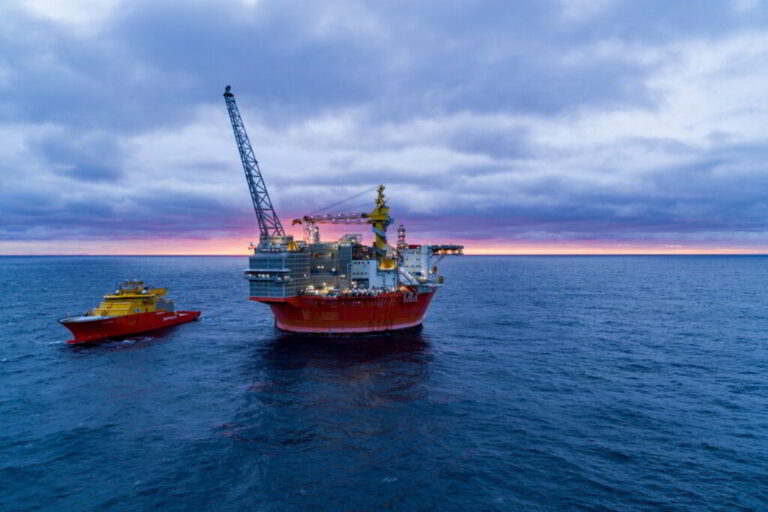Russian-owned JSC Akkuyu Nuclear has announced delivery of the core melt trap for unit 2 of the Akkuyu nuclear power plant to the construction site in Mersin Province, Turkey. The company describes the equipment as the most important part of the unit's passive safety system.
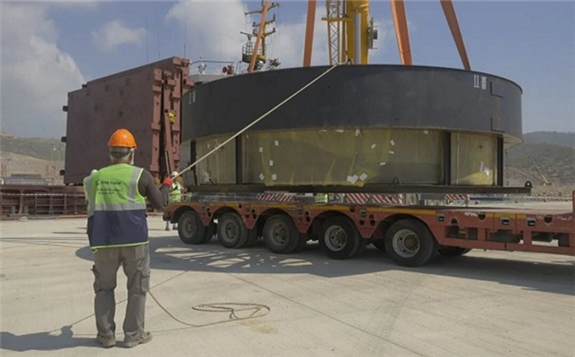 The core melt trap for Akkuyu unit 2 (Image: JSC Akkuyu Nuklear)
The core melt trap for Akkuyu unit 2 (Image: JSC Akkuyu Nuklear)
The 4800 MWe plant will comprise four VVER1200 reactors and is expected to meet about 10% of Turkey's electricity needs. Rosatom’s first build-own-operate venture, the USD20 billion project is based on an inter-governmental agreement signed between Russia and Turkey in May 2010. Turkey aims to bring unit 1 online in 2023, the centenary of its foundation as a republic.
The core melt trap is 5.8m high and has a diameter of 6.1m. The 'trap' refers to a container in the form of a steel cone weighing 169 tonnes, which in the event of an emergency will securely hold the melt of the core and will not allow radioactive substances to leave the containment of the reactor.
The core melt trap was manufactured by the Russian company JSC Tyazhmash and its installation at unit 2 is scheduled for November. Upon completion of its installation, the weight of the melt trap together with internal equipment will be 668 tonnes.
Anastasia Zoteeva, general director of JSC Akkuyu Nuclear, said work on the first three units at the Akkuyu site is "in full swing". The 26 metre-high outer walls of the plant building for unit 1 are to be completed this year. In 2021, the reactor vessel will be assembled and, in August, welding of the main circulation pipe will begin. Four steam generators, manufactured by Atommash, are on their way to the site for the unit, and will be followed by the reactor vessel.
Akkuyu Nuclear said all stages of the construciton work are being closely monitored by independent inspection organisations and Turkey's Nuclear Regulatory Agency, as well as by personnel from international engineering group Assystem.
